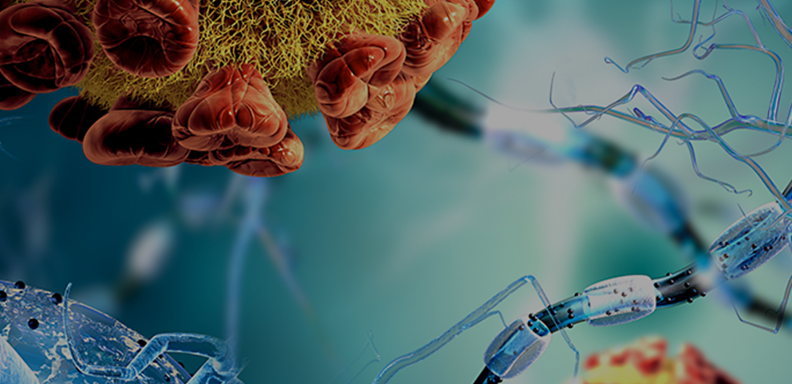Charles Zuker, PhD, Professor of Biochemistry and Molecular Biophysics and of Neuroscience at Columbia University’s Vagelos College of Physicians and Surgeons, a Principal Investigator at Columbia's Zuckerman Institute, and an Investigator of the Howard Hughes Medical Institute, will receive the 2024 Howard Taylor Ricketts Prize from the Biological Sciences Division. The title of his lecture will be “The Body-Brain Axis” and it will be held on Tuesday, May 21st at 4pm in the Biological Sciences Learning Center, Room 109.
Zuker is known for his studies on how the brain represents our sensory experiences and how it transforms reception into perception. Over the past several years, his laboratory has identified the cells and receptors mediating all five basic taste qualities, and helped uncover the logic of taste coding, both at the periphery and in the brain. More recently, his lab has focused on the gut-brain axis, researching the neural basis for our craving and appetite for sugar and fat. His latest studies on the brain control of immune responses have uncovered new circuits in body-brain signaling, and how the brain monitors and modulates body inflammatory responses.
The Howard Taylor Ricketts Prize is given annually in recognition of extraordinary achievement in any area of biomedical and biological sciences. The lecture series is named after Dr. Howard Taylor Ricketts, who was a pathologist at UChicago from 1902 to 1910. He was the first person to describe the tick-borne pathogen that causes Rocky Mountain Spotted Fever, as well as the related organism that causes typhus fever. While researching typhus in Mexico City, he contracted the disease and died at the age of 38. As a memorial to her husband, Myra Tubbs Ricketts established an endowed fund at the University in 1912 to support the Prize.
To learn more about the prize and see a list of past prize winners, please visit the lecture series page.



